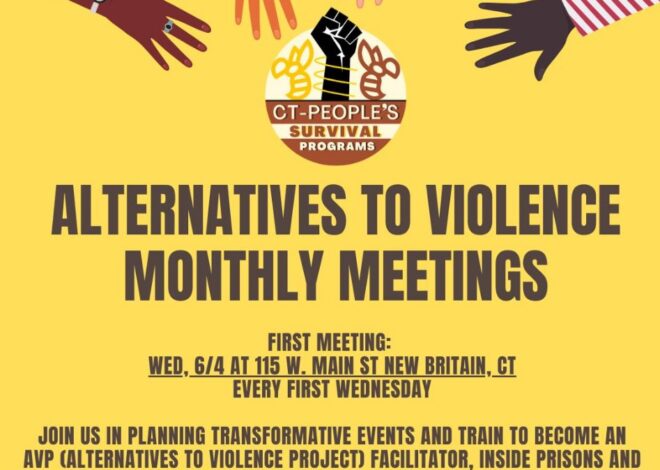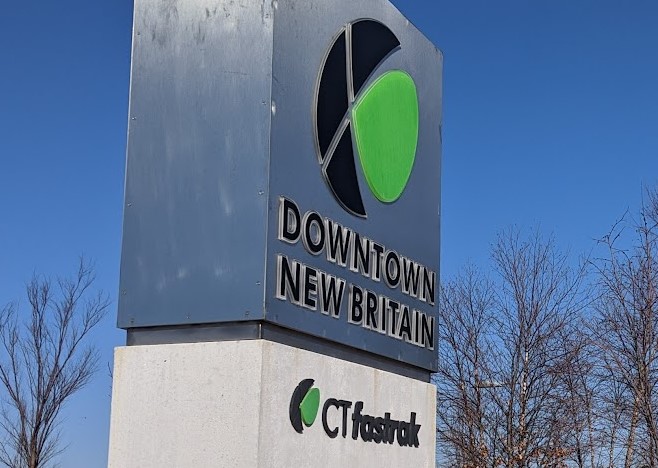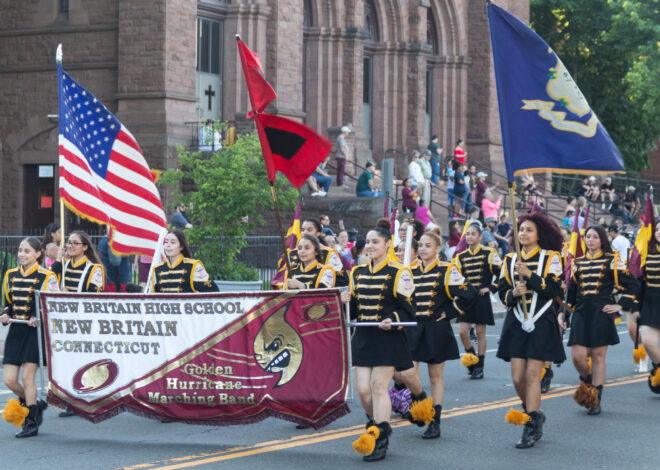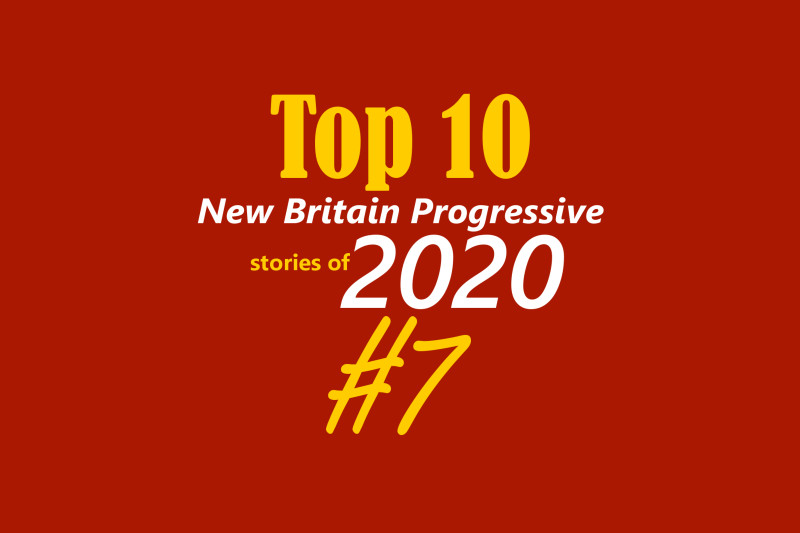
Top 10 of 2020: #7 – National COVID Politics Reflected in City Hall
The New Britain Progressive covered a lot of major news in New Britain during 2020 – much more than just ten top stories. As the New Britain Progressive now presents our traditional Top Ten stories of the year, it is truer now than in the past that it is difficult to name only a few articles as the top among a great deal of important news. But here are a few, in this year’s annual series, that the New Britain Progressive would like to share as our Top Ten. Other Top Ten stories can be found at “Top Ten Stories of 2020.”
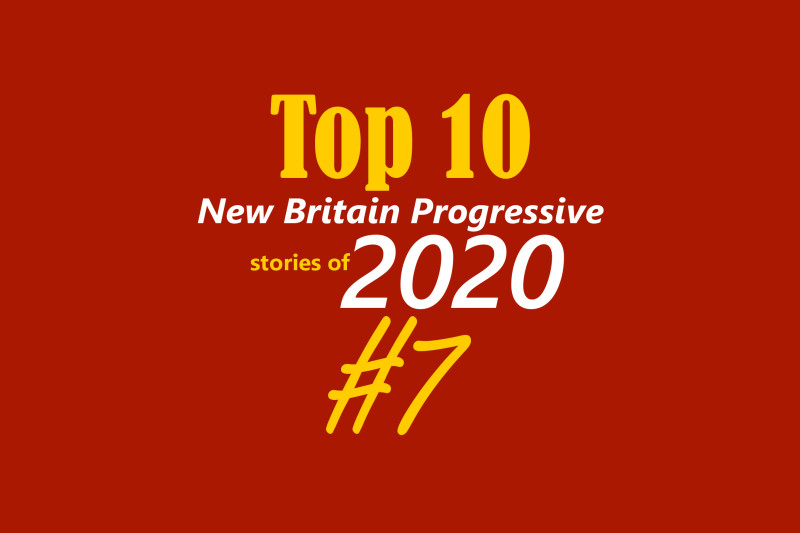
Republican President Donald Trump has been widely blamed for the depth of the catastrophe that the COVID-19 pandemic has been, in deaths, suffering and economic damage. But, as the crisis played out, it also became clear that there is a stark partisan and ideological divide at all levels about the need to act to prevent human harm from the disease. Republican voters, “believe the 170,000 fatalities is an overstated count and one which, for many, can so far be considered acceptable,” CBS News reported in August about the findings of a nationwide CBS News/YouGov poll. By contrast, that same poll said that 90% of Democratic voters considered the number of deaths unacceptable.
For people accustomed to the idea that dealing with disaster is at least one thing that brings Americans together to support and look out for each other, the partisan divide that emerged was eerie and stark.
All the more so, as echoes of that difference played out locally in New Britain. In April, when offices and business were closing to slow the pandemic, it was only after Democratic Ald. Aram Ayalon (D-3) took Republican Mayor Erin Stewart (R) to task in a statewide newspaper over keeping City Hall open that she announced that she would close City Hall to the public. (“Stewart Closes City Hall to Public After Ayalon Article“.)
What followed was an odd episode in City Hall, in which Council Democrats and Council Republicans offered competing pairs of resolutions on two issues – one on whether city office workers should be working remotely or in-office (Parties Offer Different City COVID-19 Resolutions“), and the other on what tax relief to offer city residents during the pandemic (“Democrats Propose COVID-19 Tax Relief“).
It was revealed that the top Republican on the Council, Ald. Kristian Rosado (R-2), had tried to keep the Democrats’ proposals from being placed on the Council agenda, saying he wanted them rewritten. After Democrats insisted that Council rules required their proposals to be on the Council agenda as-is, the two Republican resolutions were apparently also added. (“Republican Leader Apparently Held Up Democrats’ Proposals From Agenda.”)
While Rosado said that he wanted the Democrats’ resolutions rewritten to, “show a united front,” in both cases, the Republican alternatives to the Democrats’ resolutions proposed less actual action. While the Democrats wanted city employees working from home during the pandemic, if possible, the Republicans’ alternative offered a platitude about maintaining city services. Likewise, while the Democrats proposed that the city provide both types the property tax relief made possible by Gov. Ned Lamont’s Executive Order 7S, the Republican resolution deferred the decision on the matter to Stewart, despite questionable legal authority to delegate the choice from the Council to her.
Republicans voted down the Democrats’ proposals, and the Republican proposals were approved, instead. (“Democrats Criticize Republicans Over COVID-19 Resolutions“.) Stewart then decided that the city, which was required by Gov. Lamont’s Executive Order to participate in at least one of the two property tax relief options, would only be participating in one of the options. (“Stewart Apparently Rejects One Tax Relief, Expands Another.”)
As City Hall employees continued to work in-office as COVID-19 cases in New Britain continued to rise (“COVID-19 Cases in New Britain Continue to Rise“) and rise (“More Than 40 New Britain COVID-19 Deaths Reported“), Ald. Ayalon penned a withering criticism of Stewart, saying that the Republican mayor, “failed to provide the leadership needed to combat the pandemic.” (“Lack of Mayoral Leadership in New Britain During the Pandemic.”)
By then, Ayalon had found himself one of the Council members cut off from participating in the decision-making of the Council, as Stewart and Council Republicans decided it was time to end remote meetings (“Under the Cover of COVID: Four Democratic Councillors Excluded From July Meeting“), which continued (“Remote Access Still Denied Council Members“), apparently until the recent surge in COVID-19 cases in Connecticut.
There is no doubt that the suffering, tragedy and economic harm from COVID-19 has over-arched everything else happening, everywhere, in 2020. But the crisis, rather than uniting us, instead further laid bare the differences between Democrats and Republicans, left and right, with it all the clearer that compassion is a progressive and not conservative value. How the policy differences emanating from that, at the national level and right here is New Britain, played out in our own City Hall was one of the New Britain Progressive‘s Top Ten Stories of 2020.
Under the Cover of COVID: Four Democratic Councillors Excluded From July Meeting
July 20, 2020 Opinion
By John McNamara
Four Democratic City Councillors, expecting teleconference access because of the state-mandated COVID 19 social distancing order for public meetings, were shut out of participating and voting at the July 8th Common Council meeting.
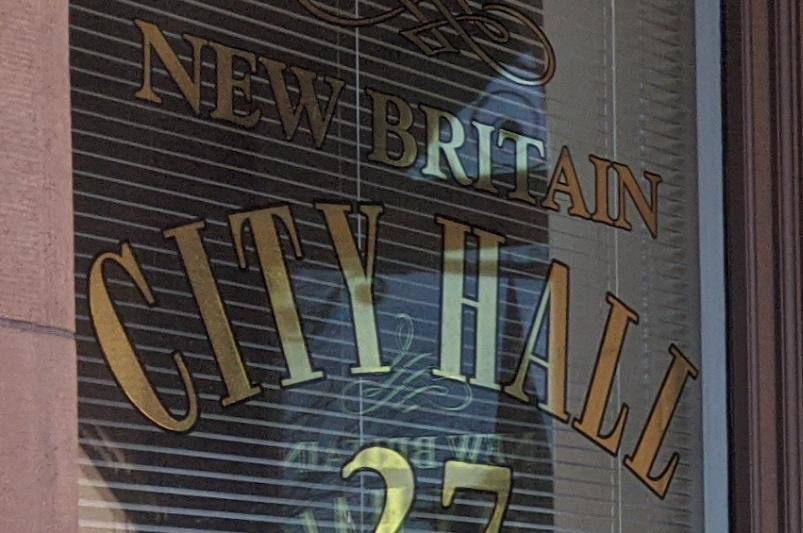
At Large Alderman Richard Reyes, Ward 2 Alderperson Colin Osborn and Ward 3’s Aram Ayalon and Iris Sanchez were muted for this month’s only Common Council meeting. The remote system used for council debate and voting was turned off.
Three other Democrats, Manny Sanchez, Chris Anderson and Francisco Santiago, were present along with the eight members of the Republican caucus. Councillors meet in a semi-circle in close proximity to one another in the Council chambers. Holding remote meetings with call in public participation has been the routine during the pandemic.
Close to 40 residents spoke via telephone about a civilian review board and the Christopher Columbus statue amid the waves of protest and concern over police violence and racism since the killing of George Floyd in Minneapolis.
COVID protocols were in force for public participation in accordance with Governor Lamont’s Executive Order on holding public meetings remotely and avoiding person to person contact.
“I was told that the Mayor expected the council members to be present,” Iris Sanchez said in a Facebook post. “I did it remotely and the whole time I and some of my colleagues were muted the whole meeting.”
While public participation took up over an hour, the regular meeting took less than 15 minutes. On the roll call Town and City Clerk Mark Bernacki hesitated but appeared to record Ayalon present when he heard Ayalon’s voice over the public participation line. Iris Sanchez, Osborn and Reyes were counted as absent. Ayalon is responding with a Freedom of Information complaint that his own open meeting rights may have been violated.
It may be that the failure to let four Democrats in on the July 8th Council meeting was just a mix up. But that seems unlikely. Mayor Stewart’s reopening of the Council Chambers without a recourse to participating remotely fits a pattern of minimal, nonchalant responses to the pandemic at City Hall.
Using her eight to seven majority, Stewart derailed Council discussion on dealing with the pandemic aside from her “proactive steps” that included a 10 p.m. curfew and the closing of municipal facilities. A resolution calling for the city to consider a work from home policy for non-essential city employees was hastily rejected on a party line vote at the April 8th Common Council meeting one day after Stewart closed City Hall to the public.
Stewart and her obedient eight-member caucus squelched any talk of looking into a work from home option, a policy that 60 percent of municipalities are allowing across the nation in the interest of continuing city operations without interruption and ensuring the safety of the work force.
The GOP caucus pushed through its own resolution without any questions falling in line with whatever the administration wanted to do. Amid criticism that the Council was doing its business remotely but requiring city workers to show up, GOP caucus members claimed Council Democrats were attempting to usurp the powers of the Mayor, ignoring completely what the City Charter mandates about legislative powers.
“City employees do not have the capability to work from home,” Stewart told the New Britain Herald on March 24th. “I’m not sure how you would fill a pothole working from home or how you could obtain a copy of a birth certificate or file a death certificate, working from home. Employees who are worried about their health have every opportunity to use their accrued time and stay home.”
Telling employees willing to work but with health concerns to take their sick or vacation time would seem to open up the Mayor to a labor law violation. Her management indifference, however, drew no response from local AFSCME or other municipal union presidents who enjoy cozy ties to the Mayor. The rank and file be damned.
Thankfully the spread of coronavirus has considerably ebbed across the state because of strong and continuous public health measures. But it’s not over. That is especially true in municipalities where rates of infection are higher.
The prudent thing to do on July 8th was to give all elected Common Council members the remote option and follow the Governor’s executive order “to permit a public agency to meet and take action without permitting in-person, public access to such meeting, and to hold such meetings or proceedings remotely by conference call, video conferencing or other technology.”
Open meetings and transparency should not become a casualty of the pandemic at any level of government. As social distancing and phased re-openings continue, the situation warrants some true bipartisanship in governing the city. It’s unfortunate that there has been very little of that coming out of the Mayor’s office or from her loyalists on the Council. Their brand of bipartisanship only works if you set aside transparency, dialogue and agree with them 100 percent of the time.
Editor’s note: This article was originally published in NB Politicus.

